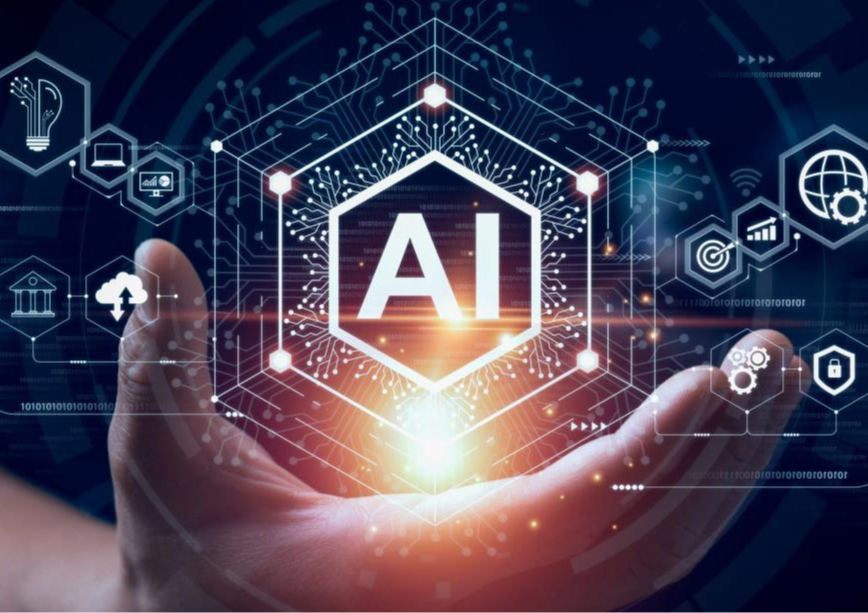The Cultural Impact of AI
The Cultural Impact of AI
Blog Article
Artificial intelligence (AI) is revolutionizing industries, improving productivity, and also redefining creativity. However, as AI continues to grow, issues encompassing trademark and rational house rights are becoming significantly relevant. Who possesses the task Artificial intelligence (umělá inteligence)? Does the creator of the AI contain the rights, or can it be the individual who uses the tool? These issues form the crux of the ongoing AI and trademark debate, posing challenges for legitimate frameworks worldwide.
AI-Generated Content and Ownership
A substantial problem of this type lies in ownership. Contemplate AI-generated material, such as for example items of art, text, or even music. These designs are created possible by algorithms trained on huge amounts of pre-existing individual content, increasing questions like, “Can the output be protected by the laws of copyright?” Currently, most appropriate techniques offer copyright to performs produced by humans. Nevertheless, AI presents a grey place, because the productivity does not stem straight from a human author but also is not simply autonomous of human influence.

That ambiguity extends to the individual utilizing the AI tools. Are they just operators, or should they be considered co-creators because of their insight of prompts that manual the AI's production? Legal methods globally are struggling to keep pace with your advancements while they discussion whether the laws of copyright need substantial revisions to account fully for AI.
Ethical Problems in Copyright
The training of AI designs presents its ethical dilemmas. Many methods count on datasets obtained from substantial repositories of human-created operates, such as for instance articles, publications, images, and more. Often, these datasets are acquired from content that's copyrighted, sparking concerns over whether that use constitutes copyright infringement.
As an example, AI resources qualified on copyrighted artwork and media might replicate stylistic aspects within their output. Does that violate the rights of the first inventor? Experts fight that makers require recognition and settlement when their operates are used to prepare AI. Business professionals are contacting for translucent methods and possible royalty programs to address these ethical concerns.

The Need for Current Appropriate Frameworks
The rapid advancement of AI highlights the need for global talk and upgrades to copyright frameworks. Without obvious appropriate directions, disputes over AI-generated material and control are destined to rise. Policymakers, designers, and technologists should come together to ascertain fair limits for rational property in that new era.
AI gets the possible to uncover immense creativity and innovation. Nevertheless, approaching these trademark difficulties is vital to respecting the rights of human builders while fostering ethical AI advancements. The conversation is just start, and how it unfolds will form the ongoing future of imagination and engineering alike. Report this page